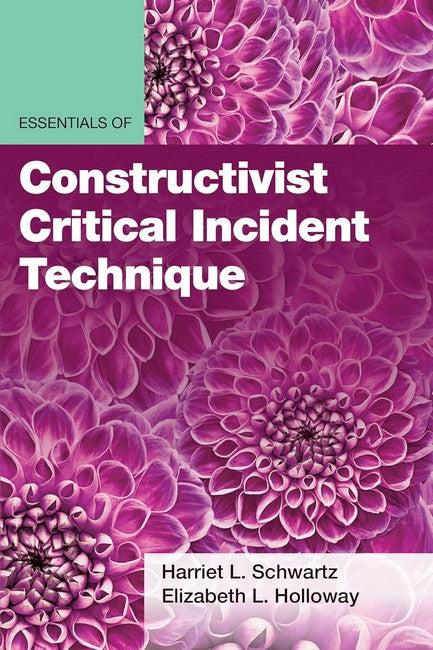Harriet L. Schwartz, PhD, is a Professor of Relational Practice and Higher Education in Antioch University's PhD in Leadership and Change program. Her scholarly interests include teaching as relational practice, emotion and teaching, and qualitative research methods, particularly critical incident technique and grounded theory. The author of Connected Teaching: Relationship, Power, and Mattering in Higher Education (Stylus, 2019), Harriet is a leader in applying Relational Cultural Theory (RCT) in education. She serves as Lead Scholar for Education as Relational Practice and on the leadership team for the International Center for Growth in Connection. Along with numerous journal articles, Harriet has published two New Directions for Teaching and Learning sourcebooks, co-editing Teaching and Emotion and editing Interpersonal Boundaries in Teaching and Learning. Harriet worked in student affairs for many years before transitioning to a faculty career. Along with teaching in leadership programs on the master's and doctoral levels, she has also taught in counseling, student affairs, and education graduate programs. Elizabeth L. Holloway, PhD., Professor Emerita of Antioch University, has over 35 years of experience as a research scientist, practitioner, and consultant in clinical supervision, relational practice, and respectful workplaces. She has held professorships at the Universities of California, Utah, Oregon, Wisconsin, and Antioch University. During her academic career, Elizabeth has achieved distinction for her research and practice, including a Fellow of the American Psychological Association, a Diplomate of the American Board of Professional Psychology, and a recipient of the American Educational Research Association Research Award for Counseling. Her methodological expertise includes discourse analysis, grounded theory, narrative inquiry, critical incident technique, and case study design. She has authored or co-authored eight books. A recent update of her original supervision model, Essentials of Supervision: A Systems Approach (with accompanying film), was published in 2016 (Chinese version in press). Her most recent work with co-author Harriet Schwartz introduces a constructivist approach to Critical Incident Technique methodology. Elizabeth teaches workshops on her model of clinical supervision and building respectful workplaces worldwide.
Request Academic Copy
Please copy the ISBN for submitting review copy form
Description
Series Foreword Chapter 1. Contextual Foundations of Critical Incident Technique Chapter 2. Establishing Methodological Integrity Chapter 3. Designing the Study Chapter 4. Collecting Data Chapter 5. Analyzing Data Chapter 6. Deepening the Analysis Chapter 7. Writing the Manuscript Chapter 8. Variations on the Method Chapter 9. Conclusion Exemplar Studies and Reviews References About the Authors Index

